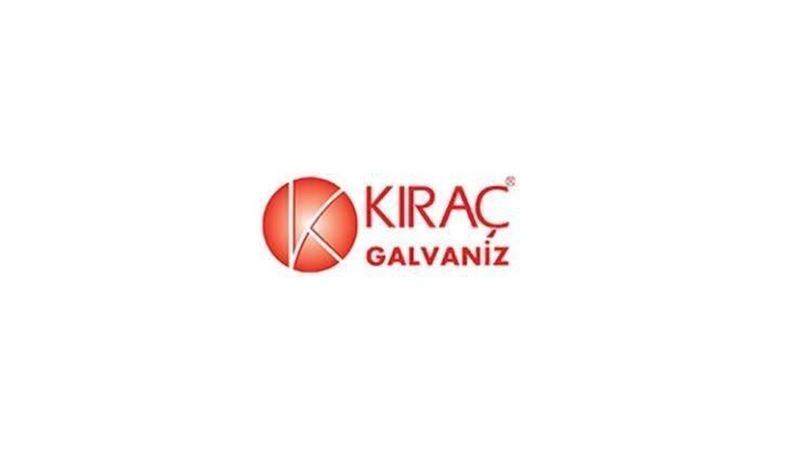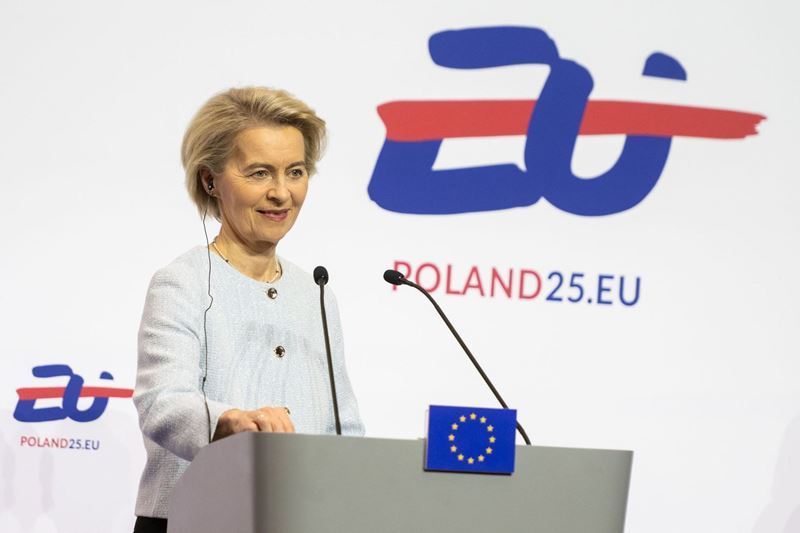The first session of this year's 75th congress was entitled "BIR - 75 and Beyond". The event was held in Abu Dhabi on 23 October and hosted 1,100 participants from 56 countries.
Delivering the opening speech of the conference, Mr Arnaud Brunet, Director General of the International Recycling Bureau, stated that 1,100 participants from 56 countries took part in the event, with the largest delegation coming from the United Arab Emirates.
Matthew Griffin, founder and chief futurist of 311 Institute, who made a presentation titled 'Recycling of the Future' at the event, drew attention to the future recycling opportunities and challenges. Futurist Matthew Griffin urged recyclers to be more proactive in ensuring that the world's limited and valuable natural resources are recovered and used sustainably.
In his presentation, Griffin highlighted the main issues that BIR members may face in the coming years, inviting members to "adapt to world realities".
"You are resource recyclers"
At the centre of Griffin's message was the idea that the recycling industry should be called "resource recycling", arguing that the use of the word "waste" was damaging the industry. "You are 'resource recyclers', you should replace the word 'waste' with 'resource'. This is hurting you. Remarket yourself," he said.
Griffin also pointed out that the global amount of waste is 2.4 billion tonnes a year and only around 312 million tonnes of "hard waste" is recycled. Emphasising that these statistics are not precise due to incomplete and unclear reporting, he said that reporting standards are lacking in the recycling industry.
Taking the floor to make her speech, Susie Burrage, the new President of the BIR, said that the recycling industry has now caught the attention of the world and plays a critical role for sustainability. Celebrating the BIR's 75-year history, Burrage emphasised that recycling is now seen as an opportunity and an important cornerstone in sustainability.
Burrage also noted that increasing trade barriers pose a significant challenge for the sector and that the BIR continues to address this issue. She also noted that the number of BIR's members has increased, the management has made investments and increased its advocacy efforts.
As a platform where international recycling industries work together, BIR aims to protect natural resources and facilitate the free trade of secondary raw materials.










Comments
No comment yet.